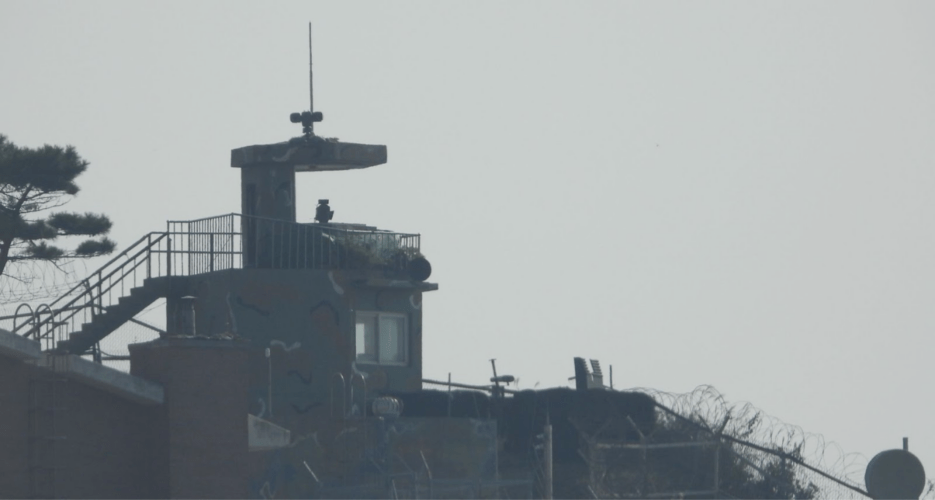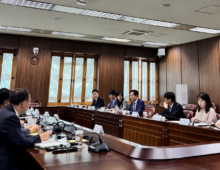Frequent coastal breaches in South Korea highlight the delicate balance between advanced tech and expert training
South Korea’s Thermal Observation Device (TOD) sits atop a South Korean coastal guard post overlooking the East Sea, Oct. 9, 2023 | Image: Korea Pro
Recent maritime breaches along South Korea’s coastal borders have raised concerns about the reliability of the country’s main defense tools: the Thermal Observation Device (TOD) and radar. The TOD detects nighttime objects based on their heat signatures, while radar uses radio waves to identify distant objects. Together, they play a crucial role in South Korea’s early warning system.
However, having advanced technology isn’t enough. Defense experts stress the importance of thorough training and expertise among ROK Army personnel for these systems to be effective.
Recent maritime breaches along South Korea’s coastal borders have raised concerns about the reliability of the country’s main defense tools: the Thermal Observation Device (TOD) and radar. The TOD detects nighttime objects based on their heat signatures, while radar uses radio waves to identify distant objects. Together, they play a crucial role in South Korea’s early warning system.
However, having advanced technology isn’t enough. Defense experts stress the importance of thorough training and expertise among ROK Army personnel for these systems to be effective.
Get your
KoreaPro
subscription today!
Unlock article access by becoming a KOREA PRO member today!
Unlock your access
to all our features.
Standard Annual plan includes:
-
Receive full archive access, full suite of newsletter products
-
Month in Review via email and the KOREA PRO website
-
Exclusive invites and priority access to member events
-
One year of access to NK News and NK News podcast
There are three plans available:
Lite, Standard and
Premium.
Explore which would be
the best one for you.
Explore membership options
© Korea Risk Group. All rights reserved.
No part of this content may be reproduced, distributed, or used for
commercial purposes without prior written permission from Korea Risk
Group.












